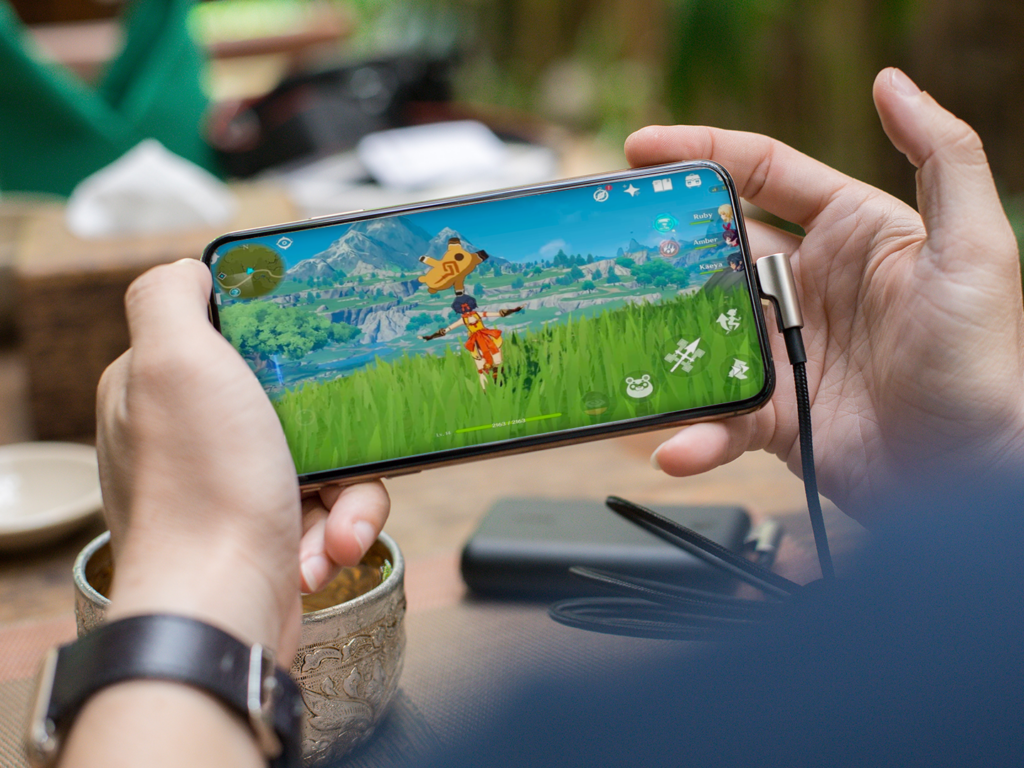The gaming industry has witnessed a massive shift over the last decade. What once was dominated by high-end consoles and PCs is now seeing an incredible surge in mobile gaming. With smartphones becoming more powerful and accessible, mobile games are transforming the way people play, raising a critical question: are consoles losing ground?
The Mobile Gaming Boom

Mobile gaming has exploded in popularity due to a combination of technological advancement and accessibility. Modern smartphones now boast hardware capable of rendering high-quality graphics once exclusive to consoles. Coupled with faster internet speeds such as 5G and Wi-Fi 6, mobile games can now deliver immersive, smooth gameplay anywhere.
Titles like Genshin Impact, PUBG Mobile, and Call of Duty: Mobile have shown that console-quality experiences are possible on handheld devices. These games also benefit from cross-platform capabilities, allowing mobile players to join friends on PC or console seamlessly.
Accessibility and Convenience
One of mobile gaming’s strongest advantages is its accessibility. Unlike consoles, which require specific hardware and sometimes hefty investments, mobile games are available to anyone with a smartphone. There’s no need for a dedicated gaming setup—just tap and play.
Additionally, mobile gaming platforms such as the App Store and Google Play Store make it easy to discover and download games instantly. Many titles are free-to-play, supported by microtransactions, which attract a broad audience, including casual players who might never invest in a console.
The Console Response
While mobile gaming continues to grow, consoles aren’t fading away just yet. Industry leaders like Sony, Microsoft, and Nintendo continue to innovate, introducing more powerful hardware and exclusive games that maintain a loyal fan base.
For example, the PlayStation 5 and Xbox Series X offer unmatched graphical performance and expansive game libraries, drawing hardcore gamers who demand deeper, more immersive experiences. Nintendo, meanwhile, has blurred the line with hybrid consoles like the Switch, offering portability while retaining traditional console power.
Gaming Trends and Changing Preferences
According to Tech Garena experts, mobile gaming’s growth is part of a broader shift in gaming preferences. Players are increasingly seeking flexibility, social interactivity, and short, engaging experiences that fit into their lifestyles. Mobile gaming satisfies these needs by offering quick sessions, multiplayer capabilities, and a vast variety of genres.
Furthermore, advancements in cloud gaming—offered by services such as Xbox Cloud Gaming and Google Stadia—are making high-end games playable on mobile devices without needing powerful hardware. This trend could further erode the gap between mobile and console gaming in the years ahead.
Challenges for Mobile Gaming

Despite its rise, mobile gaming faces unique challenges. Monetization strategies like microtransactions and ads often frustrate players, and hardware limitations still prevent mobile devices from matching the raw power of consoles and PCs. Moreover, touch controls can’t fully replicate the precision of a dedicated game controller, especially for complex games.
Cybersecurity and data privacy are also concerns. Mobile games require internet access, and players must trust developers with sensitive personal data. These issues could influence how mobile gaming evolves.
Will Consoles Lose Ground?
It’s unlikely consoles will vanish completely anytime soon. Instead, the gaming landscape is evolving into a more diverse ecosystem. Consoles will likely continue to thrive alongside mobile gaming, catering to different audiences. Hardcore gamers will still value consoles for immersive experiences, while casual gamers will increasingly rely on mobile devices for quick, convenient play.
That said, mobile gaming’s influence is undeniable. As technology continues to advance, mobile platforms could close the gap further, especially with the rise of cloud gaming and improved mobile hardware. The future of gaming may not be a battle between consoles and mobile—it could be a convergence where both platforms coexist, complementing each other.
The rise of mobile gaming is more than just a trend; it’s a transformation of the industry itself. The next decade could see mobile and console gaming grow side by side, reshaping how games are created, played, and experienced worldwide.

